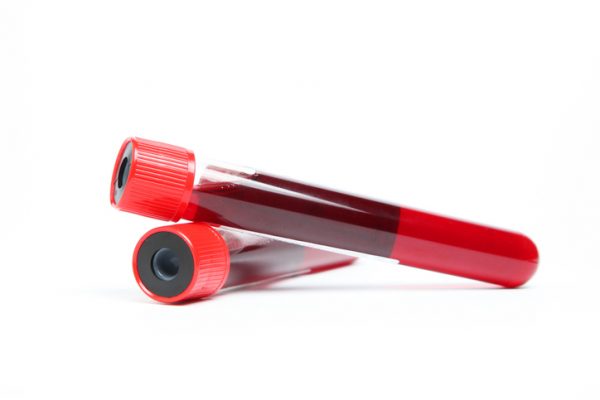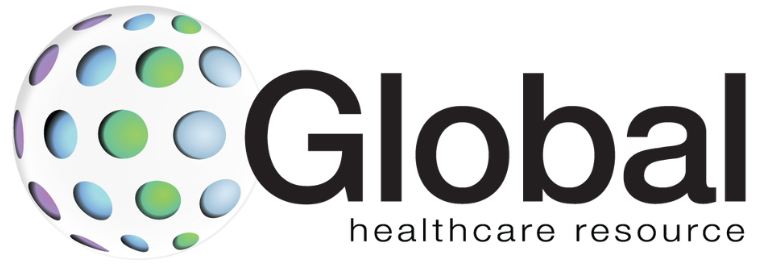
A colorectal cancer blood test candidate from Exact Sciences fell short in its pivotal study, but the company is still in the hunt to provide an alternative to the liquid biopsy that was first to market in this type of cancer and will do so with help from a competitor. Exact Sciences is acquiring rights to a test from Freenome that’s closer to the market than its failed internal candidate was.
Exact Sciences is paying $75 million up front for U.S. rights to Freenome’s blood test. Another $700 million is tied to the achievement of milestones.
Madison, Wisconsin-based Exact Sciences is already well established in colorectal cancer screening with Cologuard and Cologuard Plus. Both are stool-based tests that require users to send a sample to a lab for detection of cancer DNA. Even with the market growth of these tests, the screening field has been pushing to expand the non-invasive options available to patients. The 2024 FDA approval of Guardant Health’s Shield made that liquid biopsy the first blood test approved for colorectal cancer. It’s now part of a precision oncology testing portfolio that generated nearly $688 million in sales last year, according to the company’s annual report.
Exact Sciences had been telling investors results from a pivotal study of its internally developed blood-based screening test would be available in the middle of this year. On Aug. 6, the same day the company reported second quarter 2025 financial results, the company disclosed results that were disappointing. The company said results showed sensitivities of 73% for colorectal cancer and 14% for advanced precancerous lesions at 90% specificity. Leerink Partners analyst Puneet Souda said in a research note that those results are below the 74% sensitivity mark needed for Medicare coverage, which limits its commercial potential.
Freenome said it recently submitted to the FDA the last module of the pre-market application for its test, which it calls SimpleScreen. The Brisbane, California-based company plans to submit to the agency a supplement for its next-generation test once final clinical validation dates are available.
The agreement give Exact Sciences exclusive U.S. rights to current and future versions of Freenome’s blood test for the single indication of colorectal cancer screening. Privately held Freenome has the right to include colorectal cancer screening in a multi-cancer early detection test currently in development for screening more than 10 cancers from a single sample of patient blood.
Leerink’s Souda said the deal is “a shot in the arm for Freenome,” providing the company with cash and an R&D partner while still enabling it to retain multi-cancer early detection rights. But he added that Exact Sciences is unlikely to launch Freenome’s test until late 2026, following FDA approval. That keeps the Wisconsin company about two years behind Guardant Health.

The Human Algorithm: What AI Can’t Replace in Pharma Engagement
At a time when AI is reshaping pharma, Reverba Global CEO Cheryl Lubbert explained in an interview why empathy, context, and ethics still require a human touch.
“Still, we believe [Exact Sciences’] decision to collaborate with Freenome will help validate their science, and is positive for their other pipeline assays,” Souda said.
The terms of Exact Sciences’ deal with Freenome call for the upfront payment to be made in cash by November of this year. The milestones consist of $100 million upon first-line approval for the first version of the test; $100 million upon first-line FDA approval for the next-generation test contingent on hitting specified performance benchmarks; and $500 million if rated as a first-line A or B test in the United States Preventive Services Taskforce (USPSTF) guidelines or if it meets certain payer contracted coverage requirements.
Royalties due to Freenome will range from 0% to 10%, depending on the test’s profitability and provisions that reduce the royalty burden so it does not make commercialization unprofitable. If certain unspecified criteria are not met, the agreement gives Exact Sciences the right to terminate the deal. Exact Sciences has also committed $20 million over the next three years in joint R&D expenses leveraging the Freenome technology.
Photo: harmpeti, Getty Images








